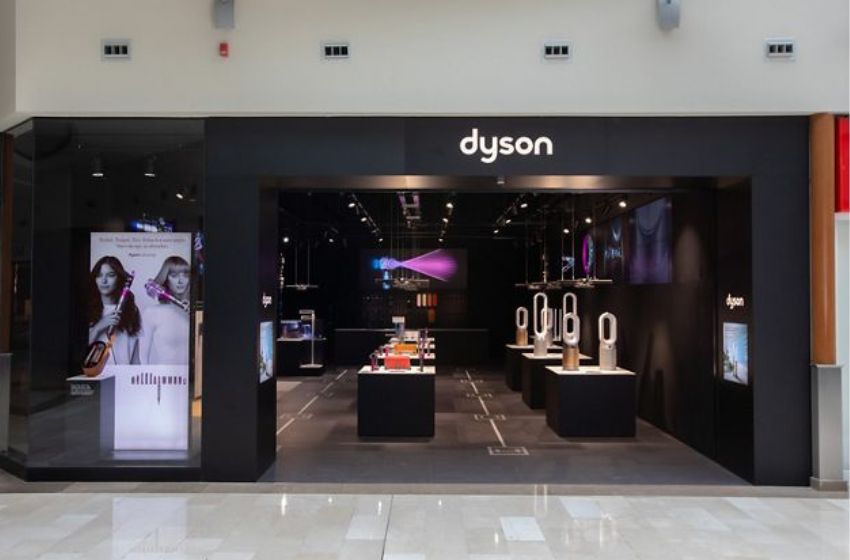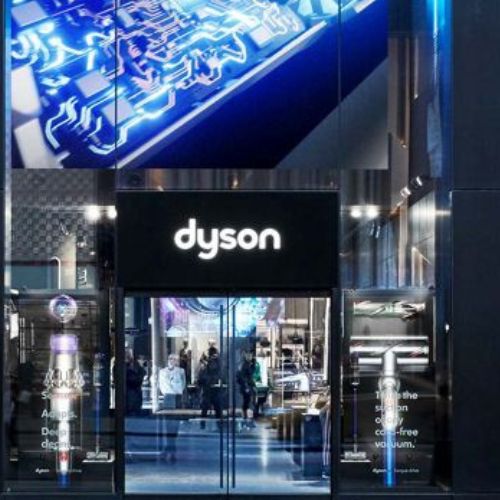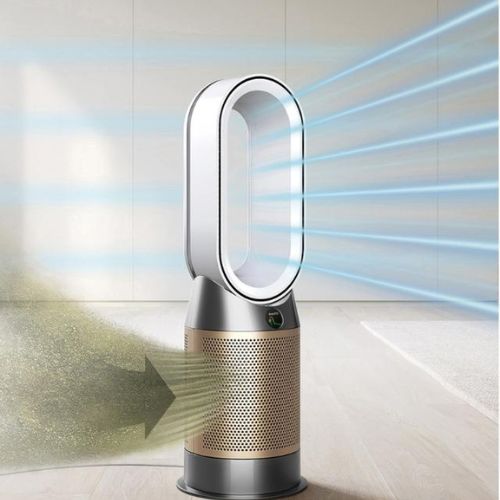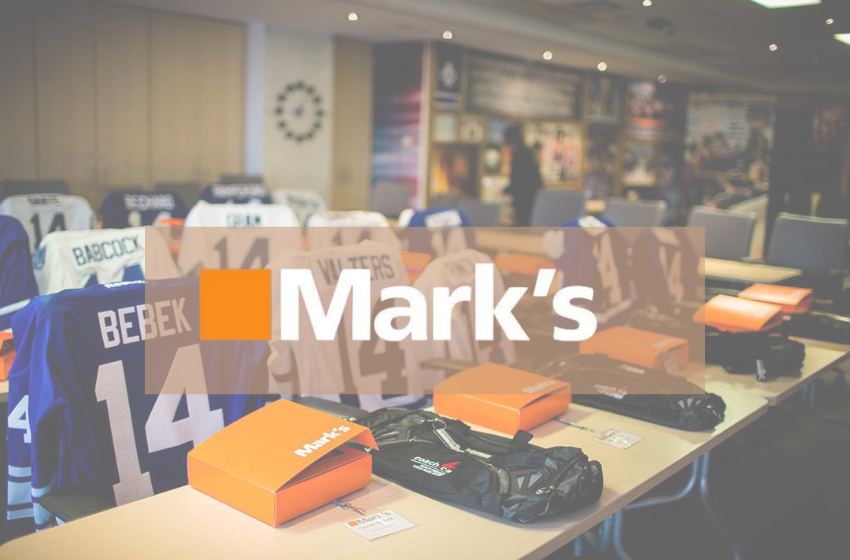

What is Dyson?
Dyson is a British company that produces innovative technology and products. Founded in 1987, Dyson has become one of the leading companies in the vacuum cleaner and air purifier industries.
The company's technology focuses on creating efficient and powerful products that can improve people's lives. Dyson products are known for their sleek design, high quality.
History of Dyson
Since its inception, Dyson has been dedicated to creating innovative products that improve people's lives. From the groundbreaking designs of their vacuum cleaners to the powerful motors in their fans, Dyson products are known for their functionality and sleek aesthetics. In this blog post, we'll explore the history of Dyson and discuss how their dedication to design has helped them become one of the world's leading technology companies.
Dyson began as a small engineering firm in 1965, founded by James Dyson. At first, the company concentrated on developing vacuum cleaners, but they quickly became known for their innovative designs and powerful motors. Today, Dyson products are available in a variety of sizes and configurations, making it easy for customers to find the perfect product for their needs.
Dyson's dedication to design is evident in every product they produce. Their vacuum cleaners are some of the most effective on the market, thanks to their powerful motors and efficient filtration systems. Their fans also offer exceptional performance at an affordable price point, making them ideal for use in any room in your home.
In addition to their iconic products, Dyson is also known for its cutting-edge technology. They were one of the first companies to develop commercial hoverboards, and they continue to develop new technologies that can improve people's lives. Their research into air purification continues to make a positive impact on society
Products
Design is often thought of as a superficial process, with little regard paid to the underlying principles of functionality and aesthetics. But this couldn't be further from the truth, as the science of design is an essential part of creating products that are both functionally effective and aesthetically pleasing.
One such company that understands the importance of design is Dyson. Their products are some of the most functional and stylish on the market, and their attention to detail demonstrates their commitment to producing quality products. In this article, we'll explore some of the key principles behind Dyson's design philosophy, and see how they're applied in their products.
First and foremost, Dyson aims to produce products that are both efficient and user-friendly. Their engineering teams work hard to create devices that are simple to operate and maintain, while still delivering the necessary features and functions. This approach has led them to become one of the leading manufacturers of vacuum cleaners in the world.
Buttons, dials, and controls are all designed with ease-of-use in mind, making it easy for users to navigate their devices without having to learn complex instructions or fumble with tiny buttons. The result is a product that's easy to use from start to finish – whether you're cleaning up pet hair or dealing with heavy debris accumulation.

Aesthetics and Functionality of Dyson Products
For many people, the Dyson products are synonymous with quality and innovation. The company has a long history of producing high-quality vacuum cleaners and other appliances, and their products continue to be highly sought after. Here we will take a look at the aesthetics and functionality of some of Dyson's best-known products. It features powerful tool heads that help it to clean quickly.
Conclusion
As a consumer, it is important to understand the science behind what we are buying. In this article, we explored the aesthetics and functionality of several Dyson products. We learned that while each product has its own unique design, they all share some common features that make them functional and aesthetically pleasing. By understanding the science behind these products, consumers can make more informed decisions about what they buy and use, which in turn will improve their quality of life.


